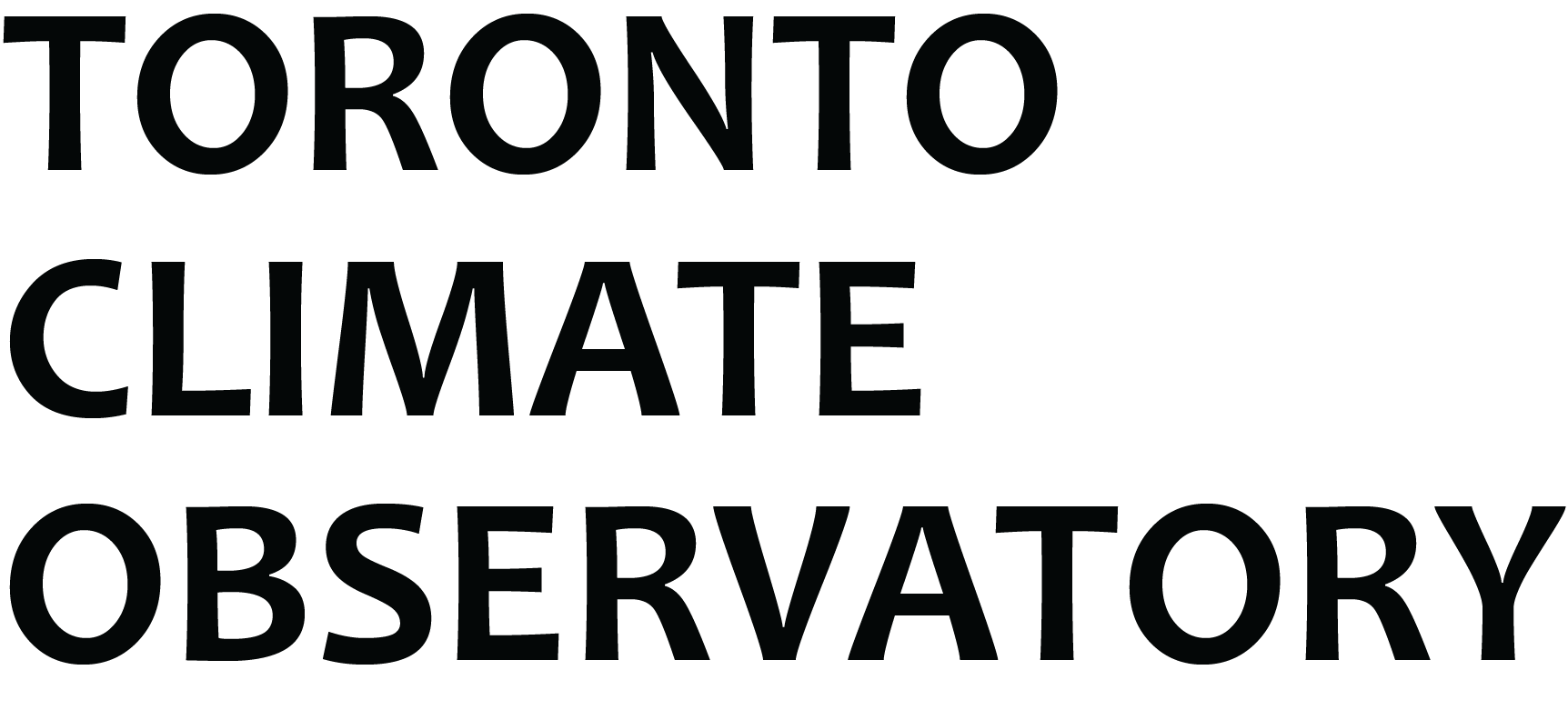The Toronto Climate Observatory invites undergraduate students from any department or unit to apply for the Toronto Climate Summer School (TCSS) in 2025. This intensive, full-credit course, designated as ENV465Y1, spans six weeks from May 5-June 14, 2025. The TCSS addresses a pressing and unmet need for comprehensive pedagogy, emphasizing interdisciplinarity, applied impact, and climate justice.

The course will run from 9am-5pm Monday through Friday. Students will participate in coursework, tutorials, workshops, and site visits in the first three weeks, while focusing on faculty-supervised research for the duration of the second three weeks. Students will therefore dedicate up to approximately 8-10 hours on research projects in the first three weeks, and up to 32 hours per week on research projects in the second three weeks. Final projects will be due by mid-June and presented as part of a symposium being organized by the School of the Environment and the Toronto Climate Observatory in late June. Prospective students and faculty mentors are welcome to coordinate prior to applying about pursuing the research component of the TCSS together, and can indicate this in the application.
Lectures will cover varied topics crucial for understanding climate change in the local context, ranging from Toronto’s role as a settler colonial urban center to insights into the city’s mining and extraction complex, along with discussions on housing and food justice. Tutorials will focus on concepts and learning integration as well as skill development. During the first half of the course, students will also begin working on faculty-sponsored research projects, which they will then work on full-time in the second half. This hands-on approach ensures a comprehensive understanding and application of the knowledge gained. Additionally, students will participate in local site visits, providing valuable opportunities to learn directly from active, local groups, and organizations in the Greater Toronto Area.
In 2024, students worked on projects including water monitoring with Indigenous communities, climate modeling for the City of Toronto, and youth engagement in community-based climate actions. Students also had the opportunity to learn from experts at UofT and local organizations and attend site visits to the City of Toronto’s Environment and Climate Division and the Native Canadian Centre of Toronto. Read more about our inaugural year in Arts and Science news.
Call for Students – Application Deadline: 11:59pm on February 14, 2025
TCSS is a full 1.0 Y course, open to students from any major/division. The class seeks to equip students with integrated physical and social science and humanities perspectives on climate change in Toronto. In addition to a rounded academic learning experience, students will also gain place-based knowledge, research skills and experience, and awareness of ongoing local sites, organizations, and campaigns related to climate justice in Toronto. In joining an intensive, six-week course, students will contribute to and participate in an engaged interdisciplinary cohort learning ways to confront contemporary climate crises together.
Please find the application here.
Students will be notified of results in late February, 2025. We look forward to reading your applications!
Call for Faculty and Community Partners – Application Deadline: 11:59pm on February 14, 2025
Faculty and community partners are invited to take on mentor roles for upper year undergraduate students participating in the TCSS. Mentors will supervise small-group research projects related to environmental and climate change. In the first three weeks, mentors can introduce students to the project and research duties. In the second three weeks, students will be engaged full-time with carrying out research projects. This will be an excellent opportunity to gain assistance from a small team of upper division undergraduates with your ongoing or new research, while providing beneficial research experience to students. Experiential and community engaged research projects in particular will be prioritized. Mentors are expected to provide clear instructions and expectations for students, as well as a minimum of a weekly check-in and progress meeting with students in addition to ongoing research instruction and mentorship. Those conducting local research on climate change from any discipline or research approach working are encouraged to apply.
Please find the application form here.
For more details, contact: Robert Soden at soden@cs.toronto.edu
We wish to acknowledge this land on which the Toronto Climate Observatory operates. For thousands of years it has been the traditional land of the Huron-Wendat, the Seneca, and the Mississaugas of the Credit. Today, this meeting place is still the home to many Indigenous people from across Turtle Island and we are grateful to have the opportunity to work on this land.

